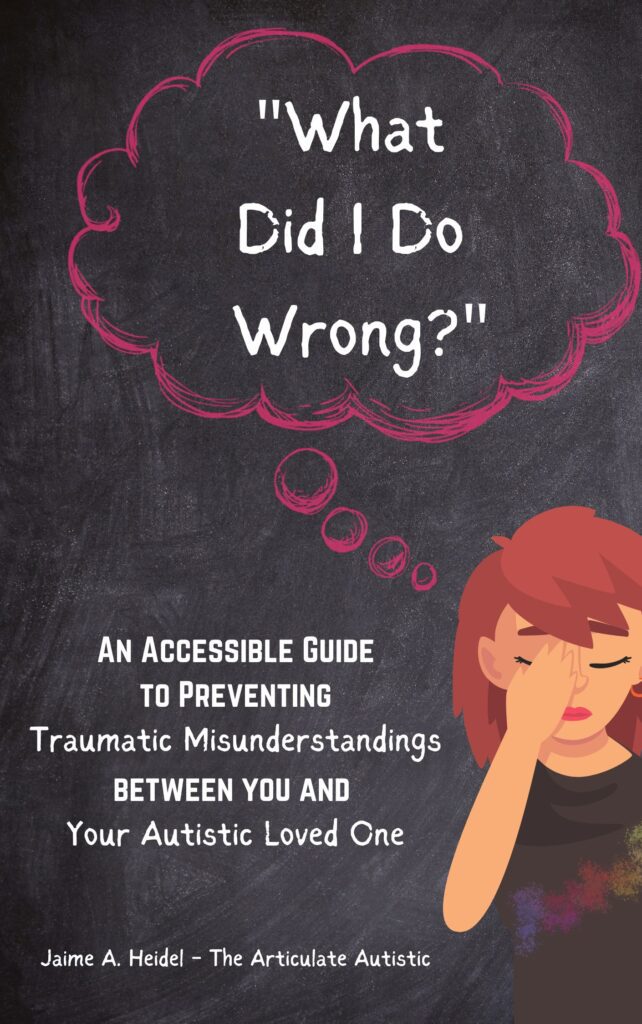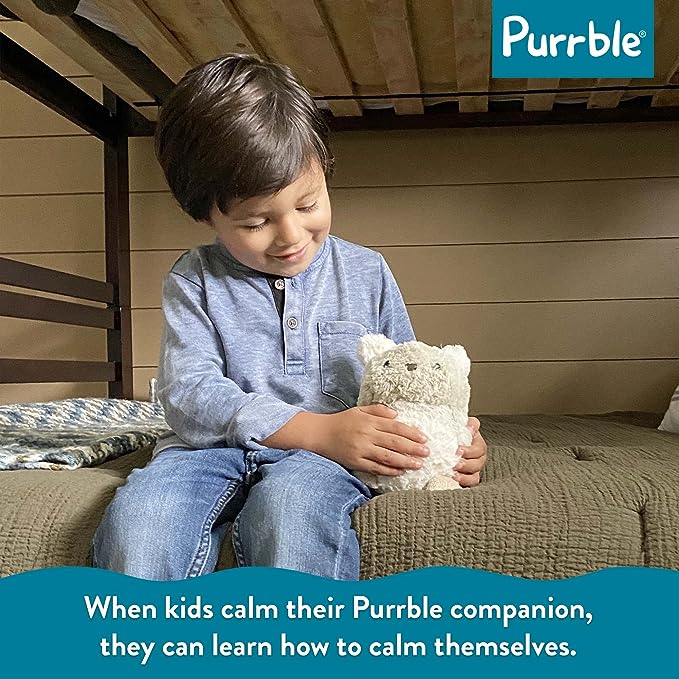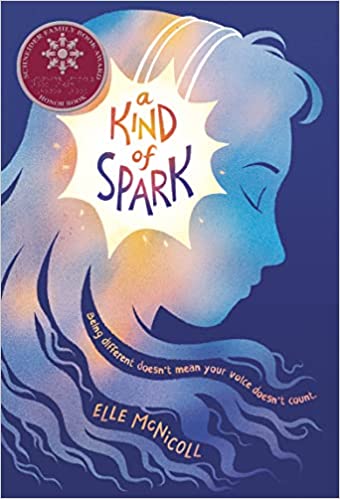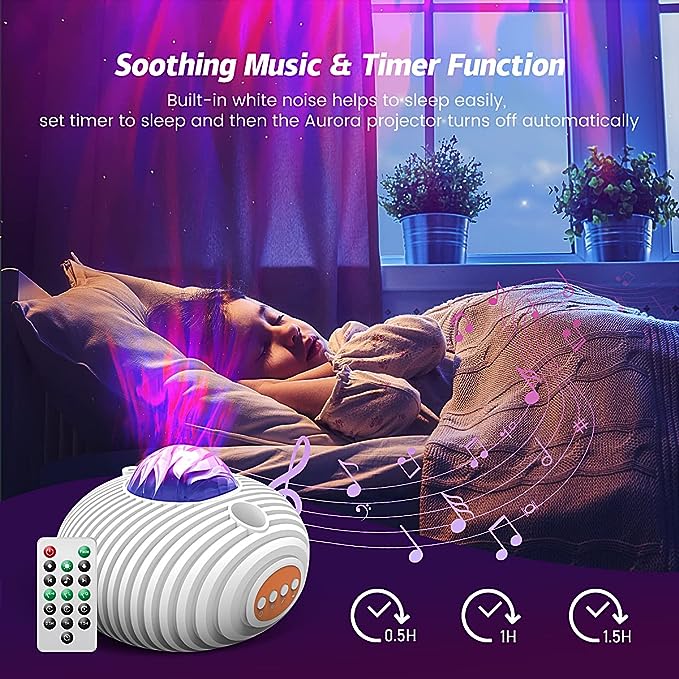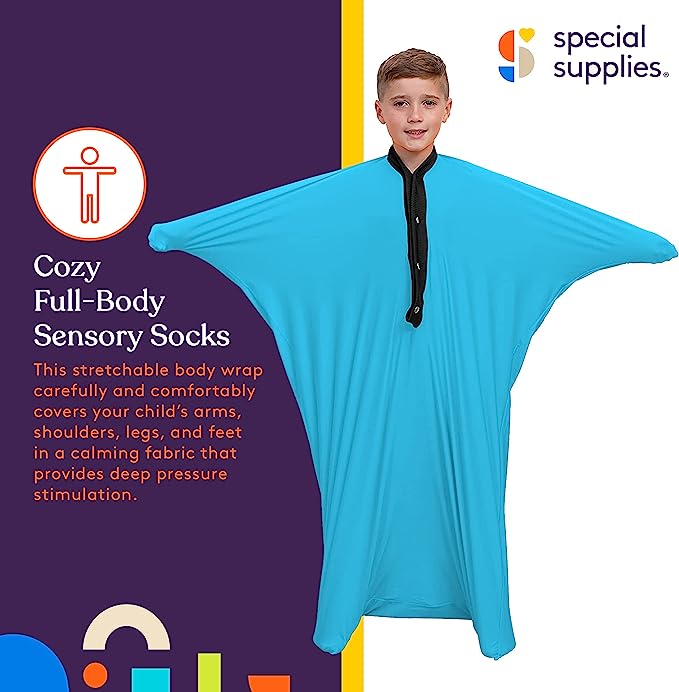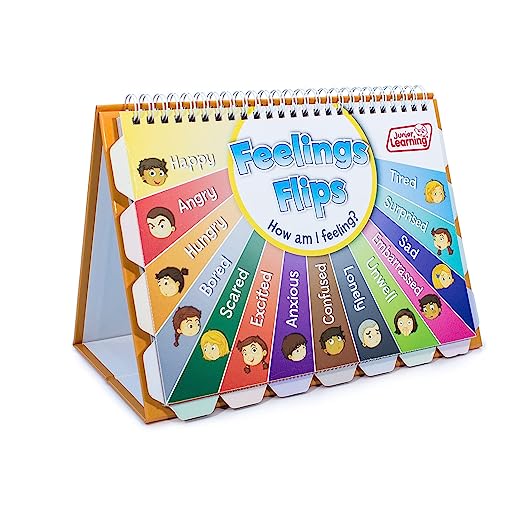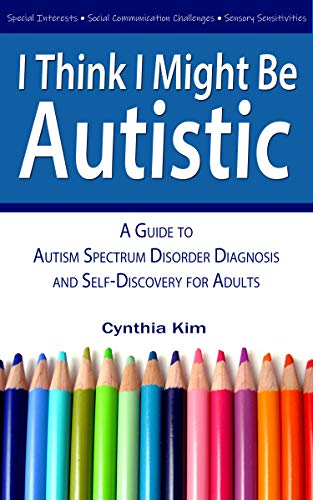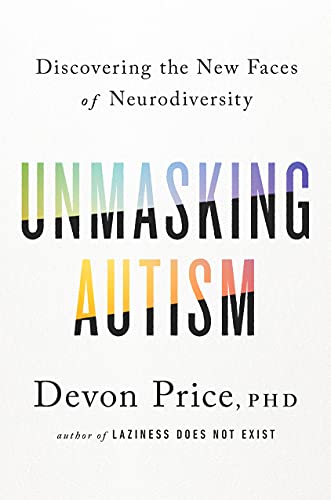Watch the video below to read reviews for “What Did I Do Wrong?”
“What Did I Do Wrong?” helps you decode commonly misunderstood autistic traits at a glance, so you and the autistic person in your life can start communicating more effectively with each other right away!
This book will help open your eyes to the way autistic people see, feel, and experience the world and clear up the confusion you have about your daily interactions with them.Whether you’re a non-autistic parent, partner, teacher, sibling, friend, etc., or whether you’re an autistic person yourself who needs the allistic people in your life to better understand you, this book is for you.
